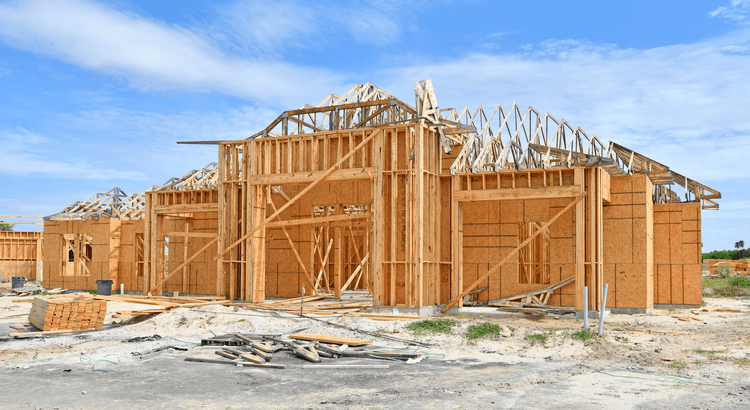
4 Things To Expect from the Spring Housing Market
Spring is in full swing, and the housing market is picking up along with it. And if you’ve been wondering whether now is the right time to buy or sell, here’s the inside scoop on why this spring may be a great time to make your move. 1. There Are More Homes for Sale After a long stretch of tight i

Mortgage Rates Hit Lowest Point So Far This Year
If you’ve been holding off on buying a home because of high mortgage rates, you might want to take another look at the market. That’s because mortgage rates have been trending down lately – and that gives you a chance to jump back in. Mortgage rates have been declining for seven straight weeks no

Is the Housing Market Starting To Balance Out?
For years, sellers have had the upper hand in the housing market. With so few homes for sale and so many people who wanted to purchase them, buyers faced tough competition just to get an offer accepted. But now, inventory is rising, and things are starting to shift in many areas. So, is the market
Categories
Recent Posts










